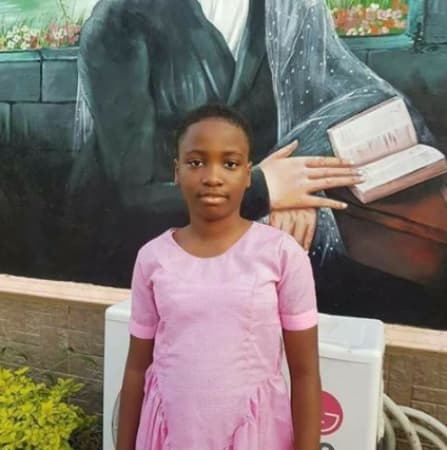 Nigerians headed to the polls today to elect a new president and 468 federal lawmakers in the first phase of the 2023 general election, with the governorship and state assembly poll set to take place in two weeks. The election is Nigeria’s seventh since the restoration of democracy in the country, and the most keenly contested in the country’s contemporary political history, with over 4,000 candidates drawn from the 18 registered political parties standing for elections into the two chambers of the National Assembly.
Nigerians headed to the polls today to elect a new president and 468 federal lawmakers in the first phase of the 2023 general election, with the governorship and state assembly poll set to take place in two weeks. The election is Nigeria’s seventh since the restoration of democracy in the country, and the most keenly contested in the country’s contemporary political history, with over 4,000 candidates drawn from the 18 registered political parties standing for elections into the two chambers of the National Assembly.
Presidential candidates from various parties, including Bola Tinubu, Atiku Abubakar, Peter Obi, and Rabi’u Kwankwaso, have been tipped as frontrunners for the position of President. However, analysts have dubbed the election a four-horse race between these candidates.
In total, 93.5 million Nigerians registered to vote in the general election, but only a little over 87 million picked up their Permanent Voters Cards (PVC) and will participate in the poll. These voters are spread across the 36 states of the federation, 774 local government areas, and 8,809 wards, where they will exercise their franchise in 176,846 polling units.
INEC, the Independent National Electoral Commission, which recently held a mock accreditation, said it is ready for the polls despite apprehension caused by the naira crisis and security challenges. INEC is deploying new technologies, including BVAS and IReV, which it believes are rigging-proof and ensure the transparency and credibility of the polls. The security agencies and military, on their part, said they are ready to secure the polls, with close to a million personnel set to be deployed in all the states and FCT.
A total of 229 observer groups comprising 196 domestic and 33 international observers will also be deploying 146,913 observers for the election, drawn fromorganizationss such as the European Union, Commonwealth, African Union, ECOWAS, NDI, and IRI.
Today’s election presents another major opportunity for Nigeria, Africa’s largest democracy, to test the 2022 Electoral Act signed into law by President Buhari exactly a year ago on 25 February, as he pledged to bequeath to the country a sustainable democratic culture that will remain lasting





